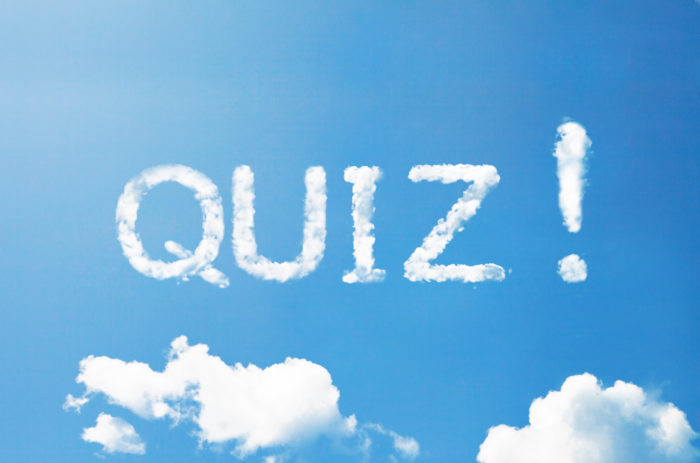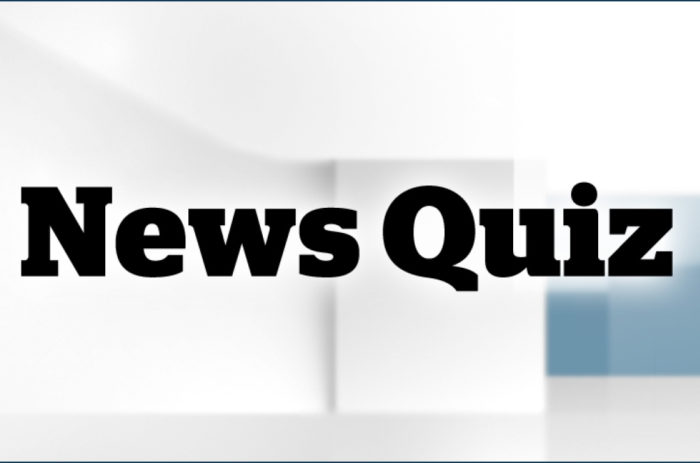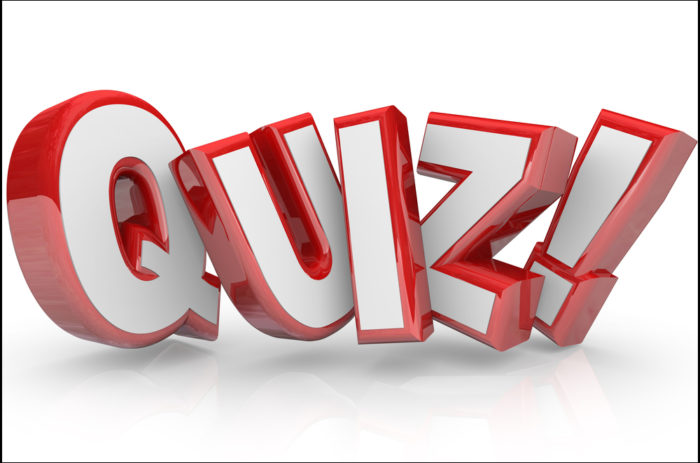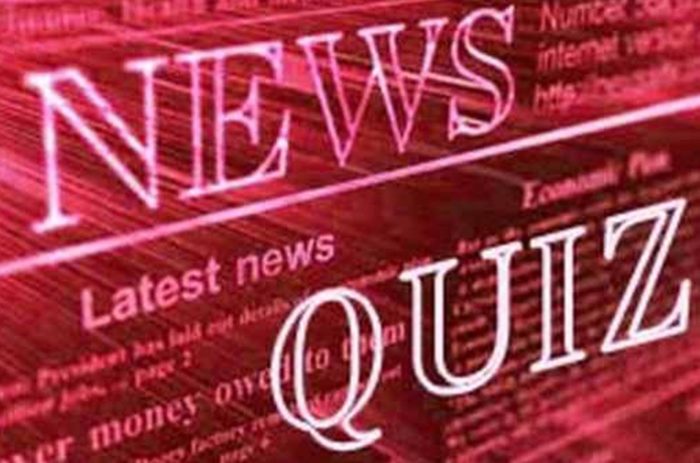Questions
1. On Wednesday, the U.S. Supreme Court heard oral arguments in the case of Carpenter v. US, in which the plaintiff is challenging whether it is constitutional for authorities to seize and search a person’s _______________ without a search warrant.
a) landline phone records
b) electronic toll paying pass
c) appointment calendar
d) cellphone records
2. In Carpenter v. US, the government obtained over 120 days of cellphone tower information, without a search warrant, that allowed it to place a criminal suspect – Carpenter – in the vicinity of robberies which led to his conviction. Which one of the following does not have to do with Carpenter v. US?
a) search warrant
b) probable cause
c) religious freedom
d) unreasonable searches
3. The government of Niger came to an agreement with the U.S. this week on the use of armed U.S. military drones in that country. The Defense Minister asked the U.S. to begin using armed drones to combat _______________ operating on the Mali border.
a) jihadist groups
b) drug smugglers
c) counterfeiters
d) human traffickers
4. The U.S. military is on a counterterrorism mission in Niger. U.S. troops do not have a direct combat mission in Niger; they provide intelligence, surveillance and reconnaissance in their efforts to target violent _______________.
a) kidnappers
b) criminal organizations
c) gangs
d) Islamist militants
5. Wisconsin Gov. Scott Walker moved forward with a plan approved by the state legislature to make Wisconsin the first state to drug test _______________ applying for food stamps.
a) illegal immigrants
b) single moms
c) able-bodied adults who do not have children
d) senior citizens
6. Of the 67,000 people who apply for welfare in Wisconsin each year, approximately 2,100 individuals would be required to take part in drug testing. The governor’s administration estimates approximately 220 will test positive for illegal drugs. According to Gov. Walker, people who are required to take a drug test and fail it due to substance abuse will:
a) be able to enter a drug treatment program to get healthy so they can get back into the workforce
b) go to jail
c) be ineligible for any government assistance in the future
d) be denied any type of drug treatment program available through the state
7. President Trump this week announced that the U.S. acknowledges Jerusalem as the capital of Israel and that the U.S. embassy in Israel will be moved from Tel Aviv to Jerusalem. The president said acknowledging Jerusalem as the capital of Israel is a necessary “step to advance _______________ and to work towards a lasting agreement.”
a) the peace process
b) days of rage
c) his America First agenda
d) an intifada
8. The president said he wanted to make clear that America supports a peace deal that will be good for _______________. He also stressed, “We are not taking a position of any final status issues, including the specific boundaries of the Israeli sovereignty in Jerusalem, or the resolution of contested borders. Those questions are up to the parties involved.”
a) Israel
b) both Israelis and Palestinians
c) the Palestinians
d) America
9. The 76th anniversary of Pearl Harbor was commemorated in Hawaii on Thursday, December 7. In his speech to Congress on December 8, 1941, President _______________ said the attack was a “day that will live in infamy.”
a) Harry Truman
b) Winston Churchill
c) Dwight D. Eisenhower
d) Franklin Delano Roosevelt
10. Close to 20 U.S. naval vessels, including eight battleships and more than 300 aircraft were damaged or destroyed in the Japanese attack on Pearl Harbor. No aircraft carriers were destroyed in the attack on Pearl Harbor because:
a) the Japanese did not target the aircraft carriers
b) none were stationed there on December 7
c) the Japanese were not able to see them due to the thick smoke from their bombs
d) all of the above
Daily “Answers” emails are provided for Daily News Articles, Tuesday’s World Events and Friday’s News Quiz.



